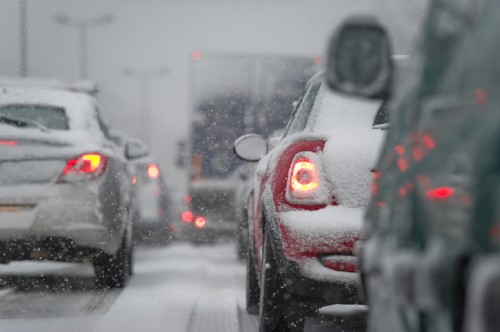

New Zealanders are advised to be vigilant about the increased risks of winter driving.
“There is real potential for harm when people drive at unsafe speeds for the conditions, or when they drive tired or affected by alcohol or drugs,” Road Policing National Manager Superintendent Steve Greally said.
He noted that police and the NZ Transport Agency are undertaking their annual Operation Hōtoke (winter). This is the second year of Operation Hōtoke, which runs until August 07 at 11pm and involves the Central, Canterbury, Tasman, and Southern Police districts.
“We want people to be aware they could encounter snow, ice, flooding, or high winds, and remember it’s vital they adjust to these conditions,” Greally said. “You need to put the safety of yourself and your passengers first.
“I also urge people not to discount fatigue as a safety risk,” he added.
The operation will see a police presence around New Zealand’s popular routes and roads commonly used for transit to and from the ski fields, and will include the police’s traffic alcohol group.
NZTA Safety and Environment Director Wilson, meanwhile, said: “It only takes a split second to lose control in wet or icy conditions, so we want people to be aware of the risks of driving in those conditions and to adjust their driving accordingly.
“We want everyone to have safe journeys this winter,” he added.
Here are some other winter driving tips as outlined by the NZ Transport Agency:
